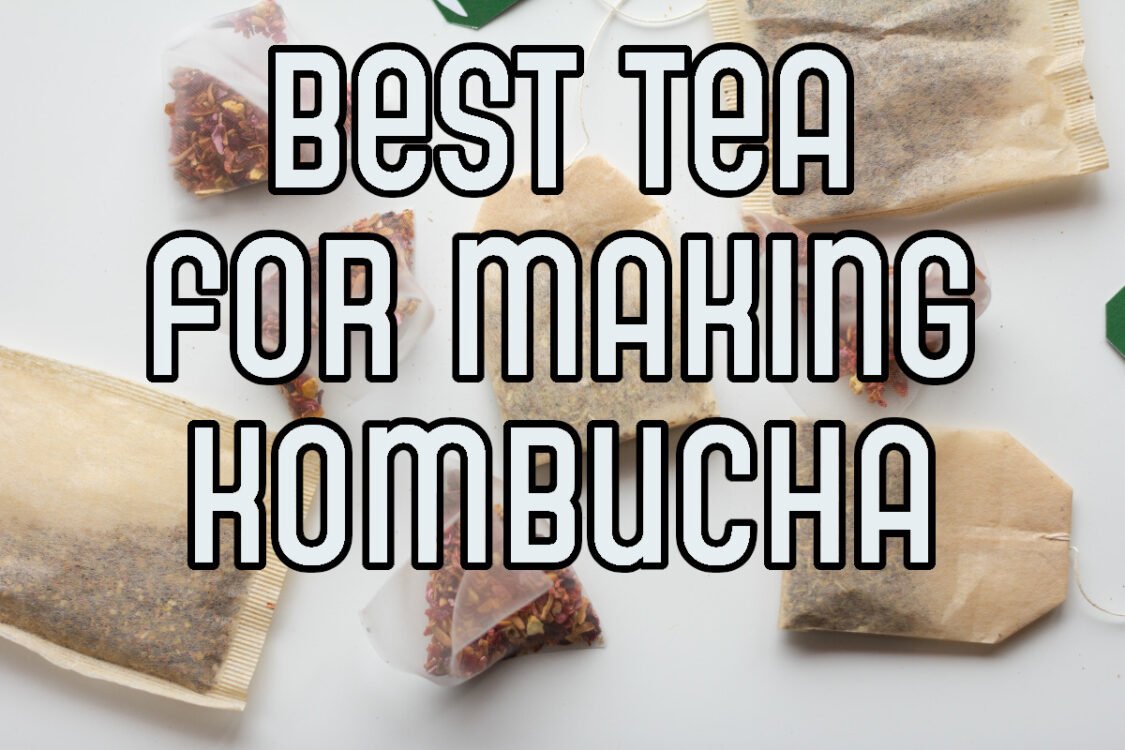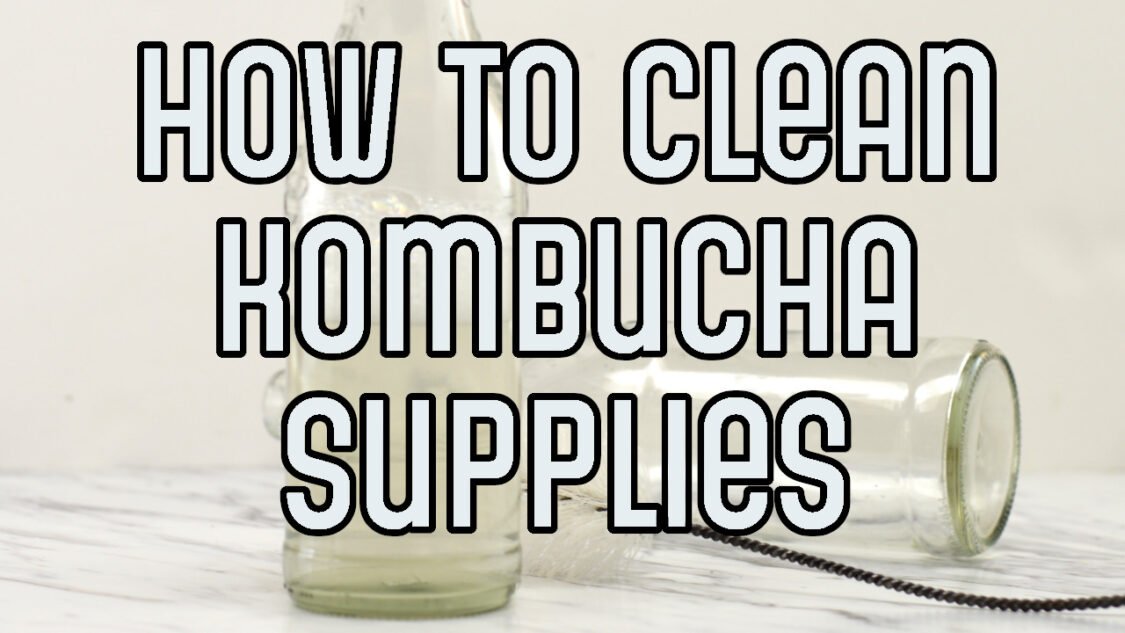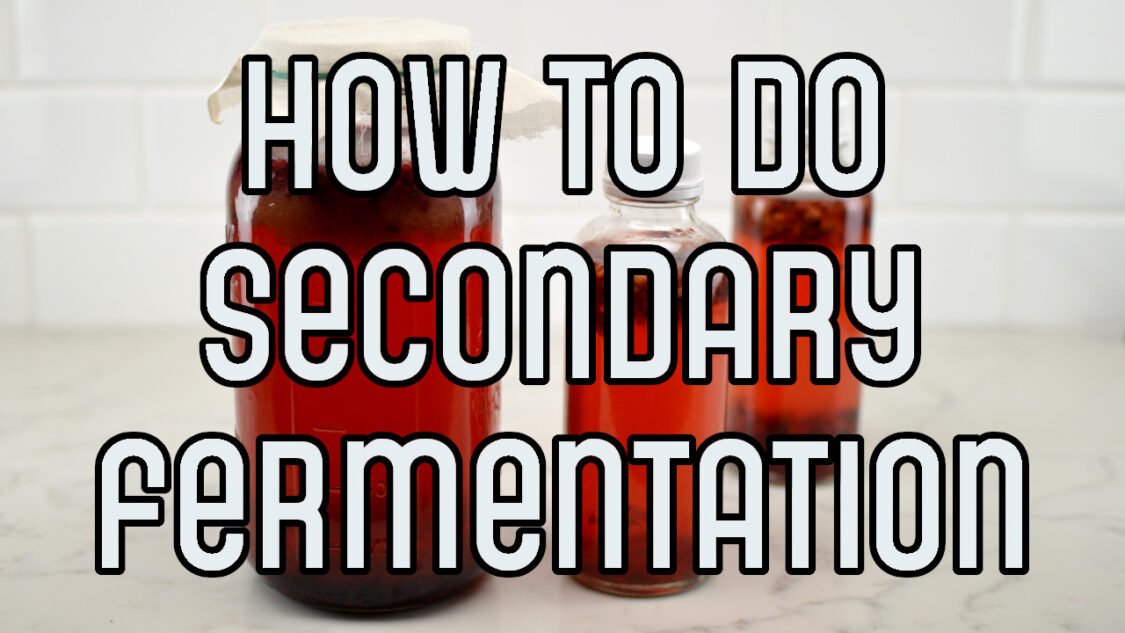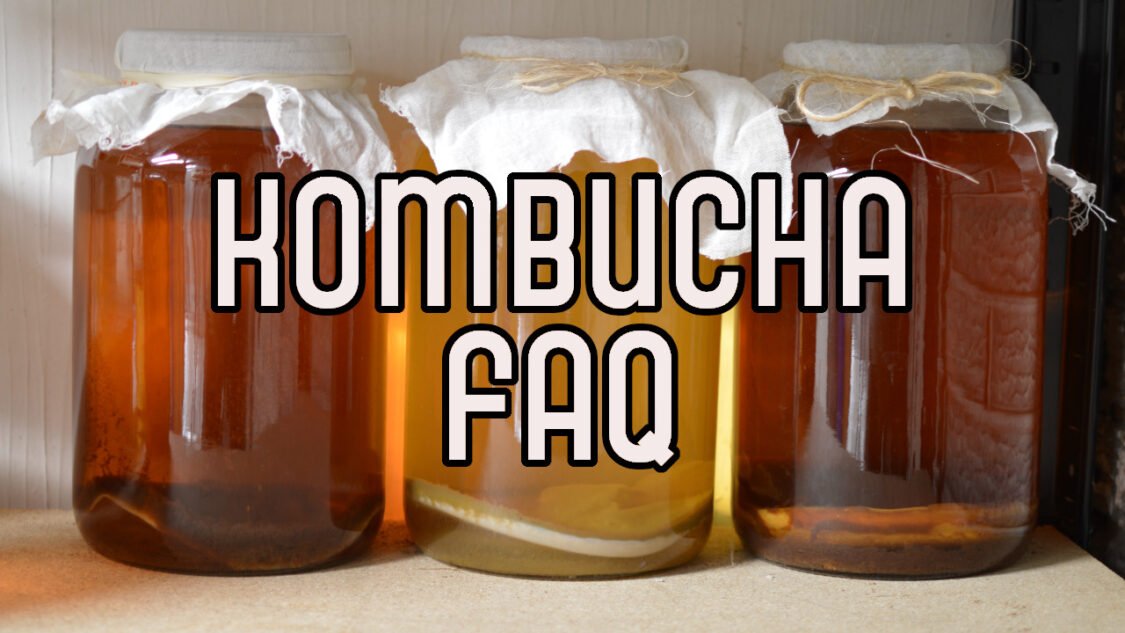The Best Sugar Making for Kombucha
Which is the best sugar for making kombucha and keeping your SCOBY healthy? Are there any sugars that should be avoided? Read more about one of the key kombucha ingredients
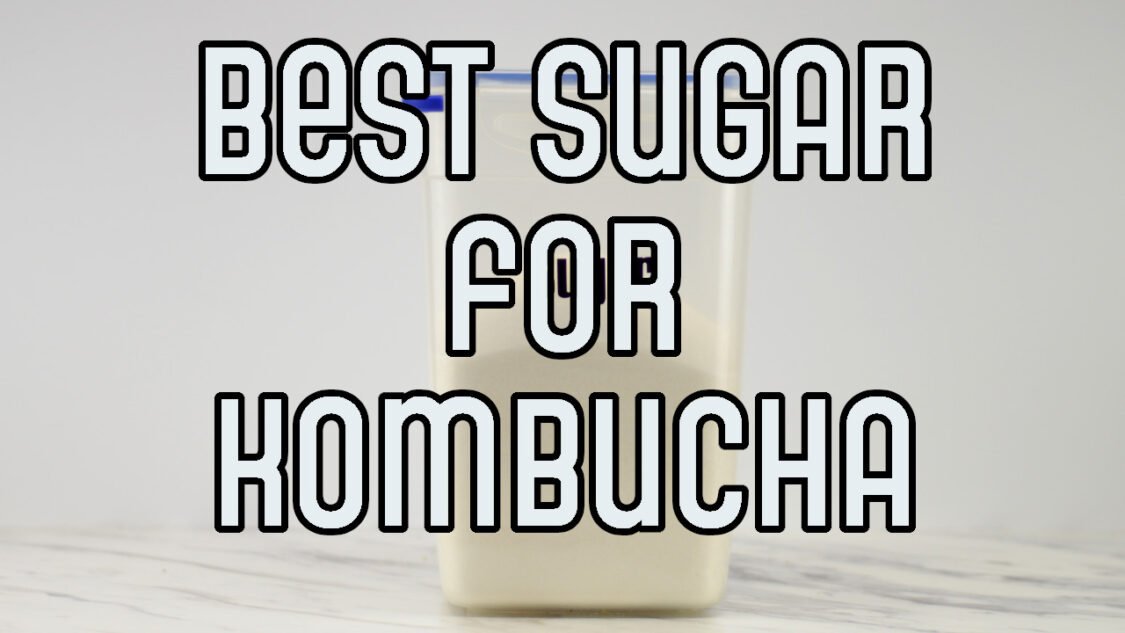
Why is Sugar Important for Kombucha?
Sugar is one of the four main ingredients for kombucha. Recall that kombucha is made from water, sugar, tea, and a SCOBY with starter liquid. Some of the yeasts that comprise the kombucha SCOBY are optimized to eat sugar and the simpler the sugar better since it will take less time and energy for them to digest.
Sugar is the primary food of the SCOBY during primary fermentation. The yeast found on the SCOBY consumes the sugar and processes it into ethanol. Bacteria in the SCOBY then feed on this ethanol and produce the acidic compounds which give kombucha its distinctively complex tart / sour taste profile
The amount of sugar in your kombucha that is converted into alcohol and other flavor compounds is dependent on the quanity and type of microorganisms in the starter liquid and SCOBY, the temperature of the kombucha, and the length of fermentation time.
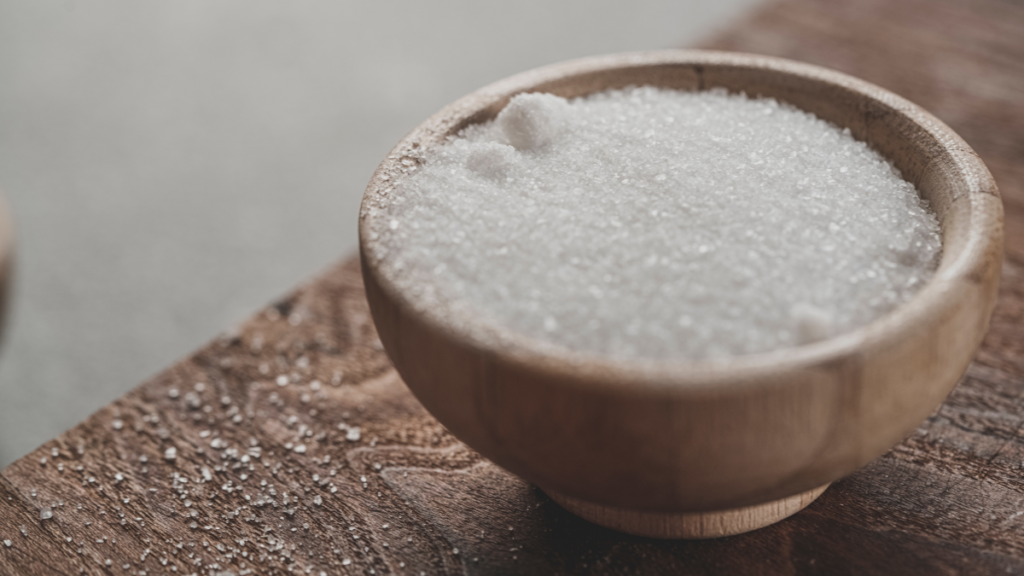
The Best Sugar for Making Kombucha
There are a wide variety of teas you can experiment with when brewing kombucha but the list of sugars available for you to use is much shorter. As you become more experienced brewing kombucha you may want to experiment with different sugars and see how they change the flavor of your kombucha. Keep in mind that your SCOBY and resulting fermentation could be affected.
White Sugar or Table Sugar: This is the ubiquitous white sugar in every pantry and diner table. It’s made from sugar cane or sugar beets. Sugar beets are white, parsnip-like root vegetable which makes sugar through the process of photosynthesis in the leafy portion above ground, then stored in its root.
Sugar beets have a sugar content of about 16%, and they go through an extraction process that separates the sugar from the root.
White sugar is the best sugar for making kombucha due to its low cost, ease of buying, predictability and consistency.
Organic Cane Juice Crystals: For people who want to ensure they are using organic sugar for their kombucha, unbleached cane juice crystals fit the bill. The only difference between cane juice and regular table sugar is that table sugar undergoes an extra step during processing.
Additionally it has trace amounts of minerals (unlike the white table sugar, which has none). It’s easily ordered online (affiliate link 
Raw or Whole Cane Sugar: These sugars are made of dried sugarcane juice. As such they are less refined and your kombucha SCOBY may have a difficult time with them leading to slow fermentation and unpredictable results.
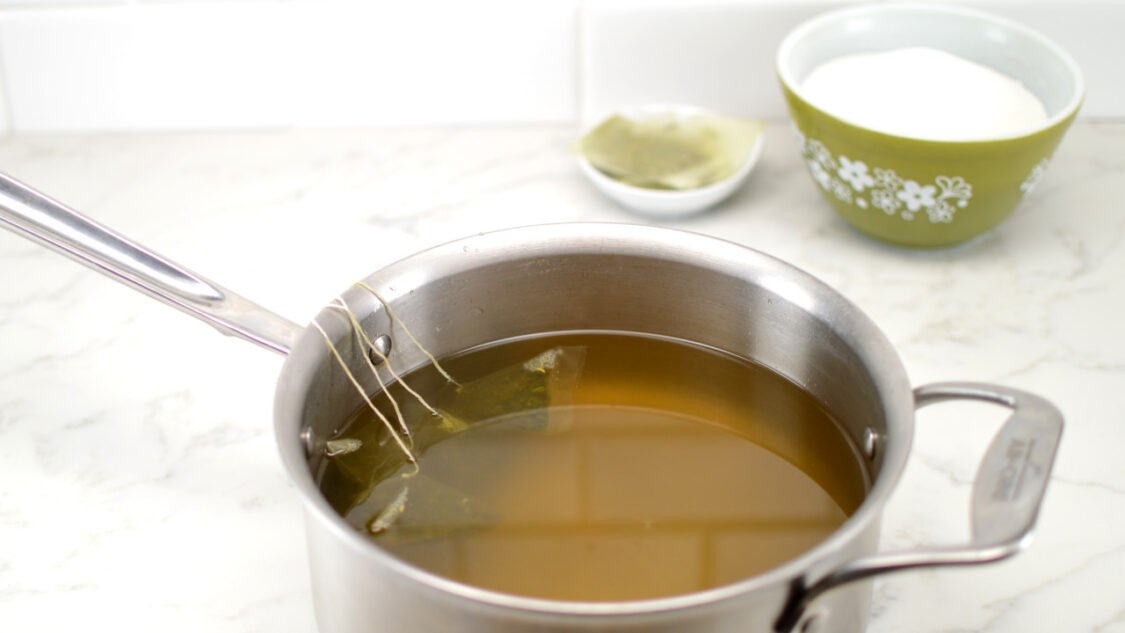
Advanced Sugars for Brewing Kombucha
The following sugars may also be used for brewing kombucha and can create interesting and excellent results. Many of them contain minerals or compounds that can impact the SCOBY which could lead to taking longer to ferment or a decline in the SCOBY’s viability.
Therefore, the following sugars are not recommended for beginning kombucha brewers and better suited to those brewers that have an extra SCOBY on hand to make kombucha with one of these sugars and discard afterwards.
Brown Sugar: While it’s a sucrose-based sugar (good) it is either unrefined or partially refined with residual molasses content. Brown sugar can produce inconsistent kombucha batches and can harm the SCOBY over time.
Turbinado Sugar: This sugar is partially refined to retain some molasses from the sugar cane and can also produce inconsistent kombucha batches and can harm the SCOBY over time.
Honey: Honey kombucha is safe for healthy adults with strong immune systems; however, some honeys can contain trace amounts of botulism bacteria (especially raw honey), which is typically rendered harmless during fermentation (see this study for more information);
Honey can be added safely to kombucha secondary fermentation.
Maple Syrup: Maple syrup is made from the sap of maple trees which is collected and processed by heating to evaporate much of the water, leaving behind a concentrated syrup which is primarily composed of Sucrose.
Maple syrup has a clean, complex maple flavor with hints of caramel, vanilla, and prune.
You can use maple syrup in place of white sugar for kombucha; however, it is one third water so you will need to use more and the maple flavor will disappear during fermentation. For this reason it’s better used in the kombucha secondary fermentation.
Agave and Coconut Palm Sugar: Some have said that these natural sweeteners can lend a sour or bitter taste to your kombucha so they are not recommended.
Malt Extract: Commonly used in homebrewing, malt extract can be used as a complete food source for kombucha.
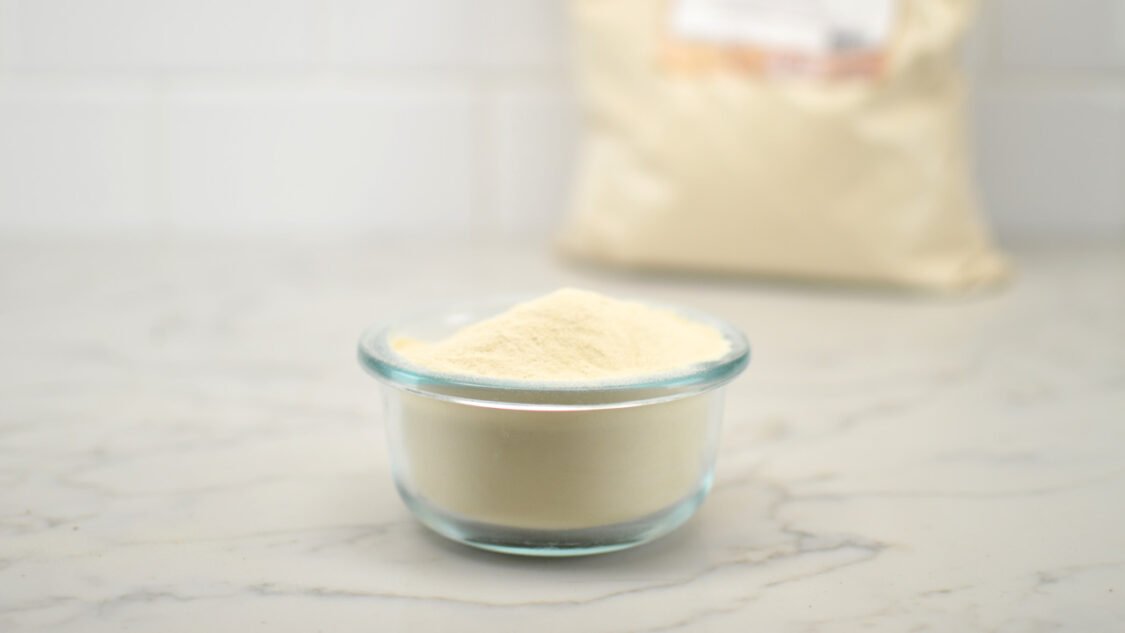
Sugars to Avoid When Making Kombucha
Sugar Substitutes: Sugar substitutes provide the sweet flavor of sucrose without the calories. The kombucha SCOBY requires the energy from the calories to flourish and create great kombucha.
Powdered Sugar: This sugar is finely ground sugar that contains an anti-caking agents such as cornstarch and is therefore best avoided.
Corn syrups: Corn syrup, corn sugar, and high fructose corn syrup are corn syrups, viscous sweet syrups produced by breaking down cornstarch, either by heating it with a dilute acid or by combining it with enzymes. To make the best, natural kombucha avoid corn syrup and brew with “real” sugars.
Can I Reduce the Amount of Sugar I use when brewing kombucha?
No.
Some people see the amount of sugar used to make a batch of kombucha, typically 1 cup per gallon, and in an effort to reduce their sugar consumption are tempted to reduce the amount of sugar they use to brew with thinking that it will help reduce their sugar intake.
Recall that the sugar in your unfermented kombucha is the primary food of some of the microorganisms in the starter liquid and the SCOBY during primary fermentation. Ultimately the sugar is consumed by the organisms (yeast) in the kombucha during fermentation and processed into other compounds that give kombucha is unique taste.
After fermentation, regular (plain, no sugar/fruit added) homemade kombucha has about 12g of sugar per 250ml (1 cup), or 46g per liter. Which is less than many common beverages.
What about Making Keto Kombucha?
The ketogenic (or keto) diet is structured around a high-fat and low-carb regimen that puts the body into a metabolic state of ketosis, where your body burns fat more efficiently which leads to weight loss.
People on a keto diet are restricted to the number of carbs they can consume in one day. I have an article dedicated to what Keto is and how to make Kombucha suitable for a Keto diet. Check it out at Is Kombucha Keto?
Helping you learn to brew kombucha, find inspiration for new kombucha flavors and use kombucha to make kombucha mocktails

